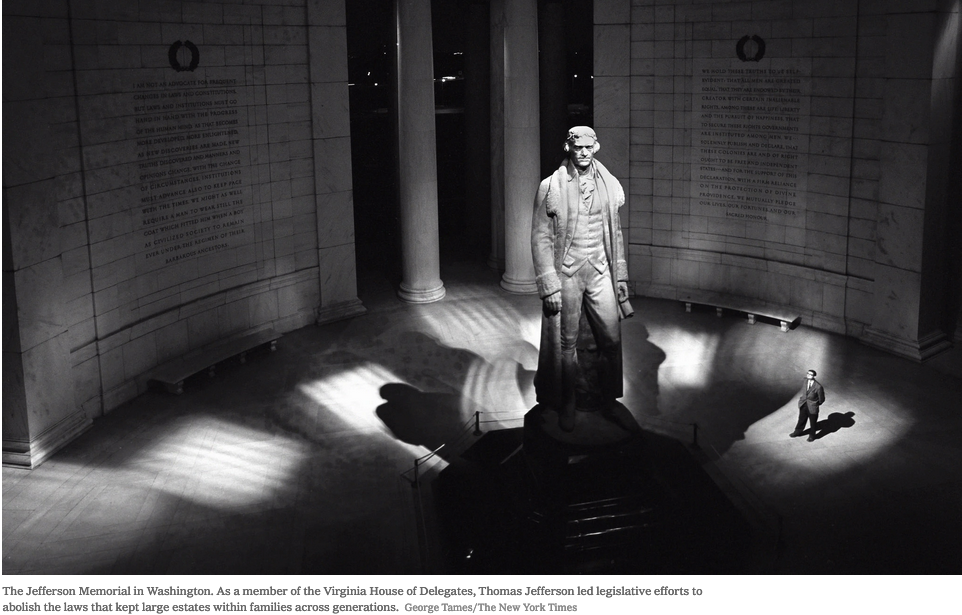Pete Buttigieg, who’s shown an impressive knack for putting matters well in these early days of the 2020 presidential race, nailed it recently when Chuck Todd of NBC asked him about capitalism. Of course I’m a capitalist, he said; America “is a capitalist society.”
But, he continued: “It’s got to be democratic capitalism.”
Mr. Buttigieg said that when capitalism becomes unrestrained by democratic checks and impulses, that’s no longer the kind of capitalism that once produced broad prosperity in this country. “If you want to see what happens when you have capitalism without democracy, you can see it very clearly in Russia,” he said. “It turns into crony capitalism, and that turns into oligarchy.”
Aside from enabling Mr. Buttigieg, the South Bend, Ind., mayor, to swat away a question that has bedeviled some others, his rhetoric reminds us of a crucial point: There is, or should be, a democratic element to capitalism — and an economic element to how we define democracy.
After all, oligarchy does have an economic element to it; in fact, it is explicitly economic. Oligarchy is the rule of the few, and these few have been understood since Aristotle’s time to be men of wealth, property, nobility, what have you.




